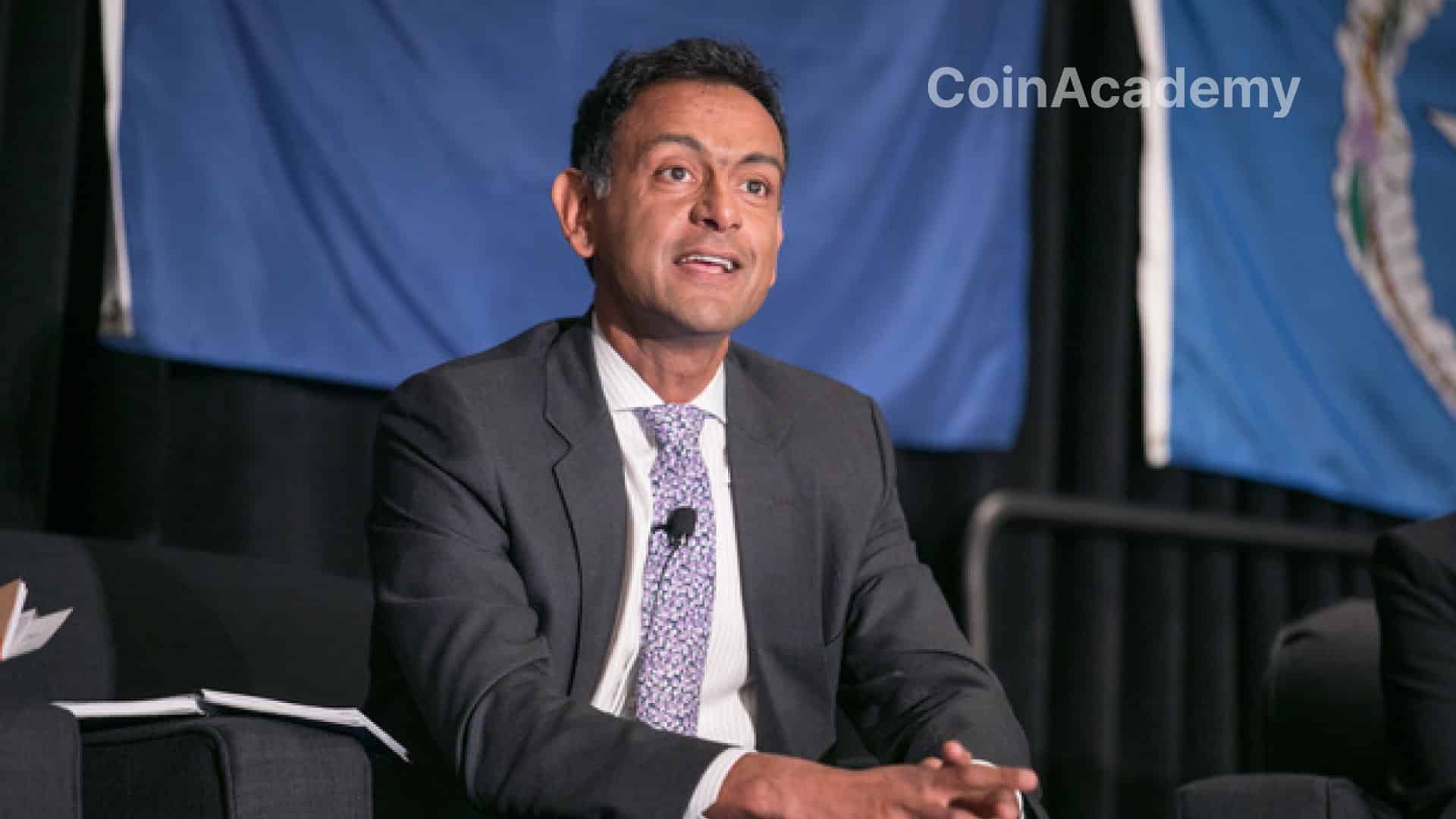SEC Tries to Subject DEXes to Same Requirements as Exchanges: Coinbase Opposes

- Coinbase, through its Chief Legal Officer Paul Grewal, is opposing a proposed SEC rule that would subject decentralized exchanges (DEXs) to the same regulatory requirements as traditional exchanges, highlighting the inadequacy of those requirements for DEXs.
- The rule, which would expand the definition of an 'exchange' to include DEXs, could impose high compliance costs in addition to uncertainty about the definition of securities, complicating DEX operations.
- Grewal is calling on the SEC to reconsider its proposal, citing a recent Supreme Court decision striking down the Chevron Doctrine, which weakens the SEC's ability to overly interpret existing laws.
Coinbaseby the voice of his legal director Paul Grewalsent a letter to the SEC from the United States to express his disagreement regarding a proposed rule which aims to subject decentralized exchanges (DEX) to the same regulatory obligations as traditional exchanges.
This rule, initially proposed in January 2022, was reopened for comments last Aprilsparking many reactions within the crypto industry.
Criticisms of the SEC's Proposed Rule
The rule proposed by the DRY expands the definition of 'exchange' to include DEXswhich could require them to register with the agency as alternative trading systems (ATS). According to Grewalthere SEC proposal is based on an assumption “irrational” that decentralized exchanges can comply with the same requirements as centralized platforms.
In his letter he emphasizes that DEXs cannot meet requirements disclosure and registration requirements designed for traditional exchanges run by centralized firms. Additionally, it questions the SEC's ability to explain how registered DEXs could facilitate digital asset trading.
Regulatory and legal context
The position of the DRYdefended by its president Gary Genslersays most crypto trading platforms must register with the agency because the majority of cryptocurrencies are considered securities.
Gensler also stated that a stock exchange remains a stock exchange, whether it is centralized or decentralized. In this regard, the SEC has already taken action against certain companies, including Coinbasefor operating as an unregistered exchange, and issued a Wells Notice vs. Uniswap Labsthe developer of the decentralized exchange platform Uniswap.
Consequences for decentralized exchanges
One of the main concerns raised by Grewal concerns the substantial compliance costs that the DEX will have to bear to determine which digital assets are considered securities. It also warns against continued uncertainty over the SEC's final definition of securitieswhich could further complicate the situation for DEXs.
Reference to Chevron case law and doctrine
In his letter, Grewal refers to a recent decision by the United States Supreme Court that Cancelled the Chevron Doctrinea rule of law that allowed courts to rely on a federal agency's interpretation when the law was ambiguous. The decision, he said, weakens the SEC's ability to overstretch key terms of the Exchange Act beyond their original meaning.
Faced with these numerous points of disagreement, Coinbase Calls on SEC to Reconsider Proposal and to start from scratch to develop rules that are more tailored to the specificities of decentralized exchanges. The company continues to advocate for regulation that recognizes the fundamental differences between DEXs and traditional financial exchanges, while still enabling innovation and growth in the crypto ecosystem.
The article SEC tries to subject DEXes to the same obligations as exchanges: Coinbase opposes it appeared first on Coin Academy